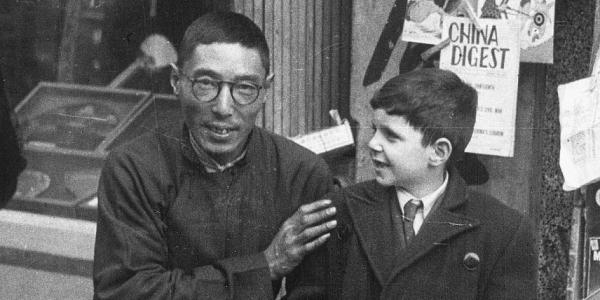A Sino-Jewish Encounter, A Humanitarian Fantasy
Teaching East Asia
In the late 1930s and early 1940s, tens of thousands of European Jews fleeing Nazi genocide found a temporary safe-haven in Shanghai. They were able to do so because Shanghai was an open city under divided governance and because China was at war with Japan and could not exercise sovereign control over its borders. In this talk, Professor Lee ponders the moral lessons from this fortuitous episode of humanitarianism through the lens of moral philosophy and moral psychology. Using the Canadian-Chinese writer Beila’s novel A Cursed Piano as her textual anchor, she argues that fiction, even if counterfactual, is an aid to the affective, imaginative, and reflexive exercise of moral reasoning, and can help us counteract the retreat of morality in modern life.

